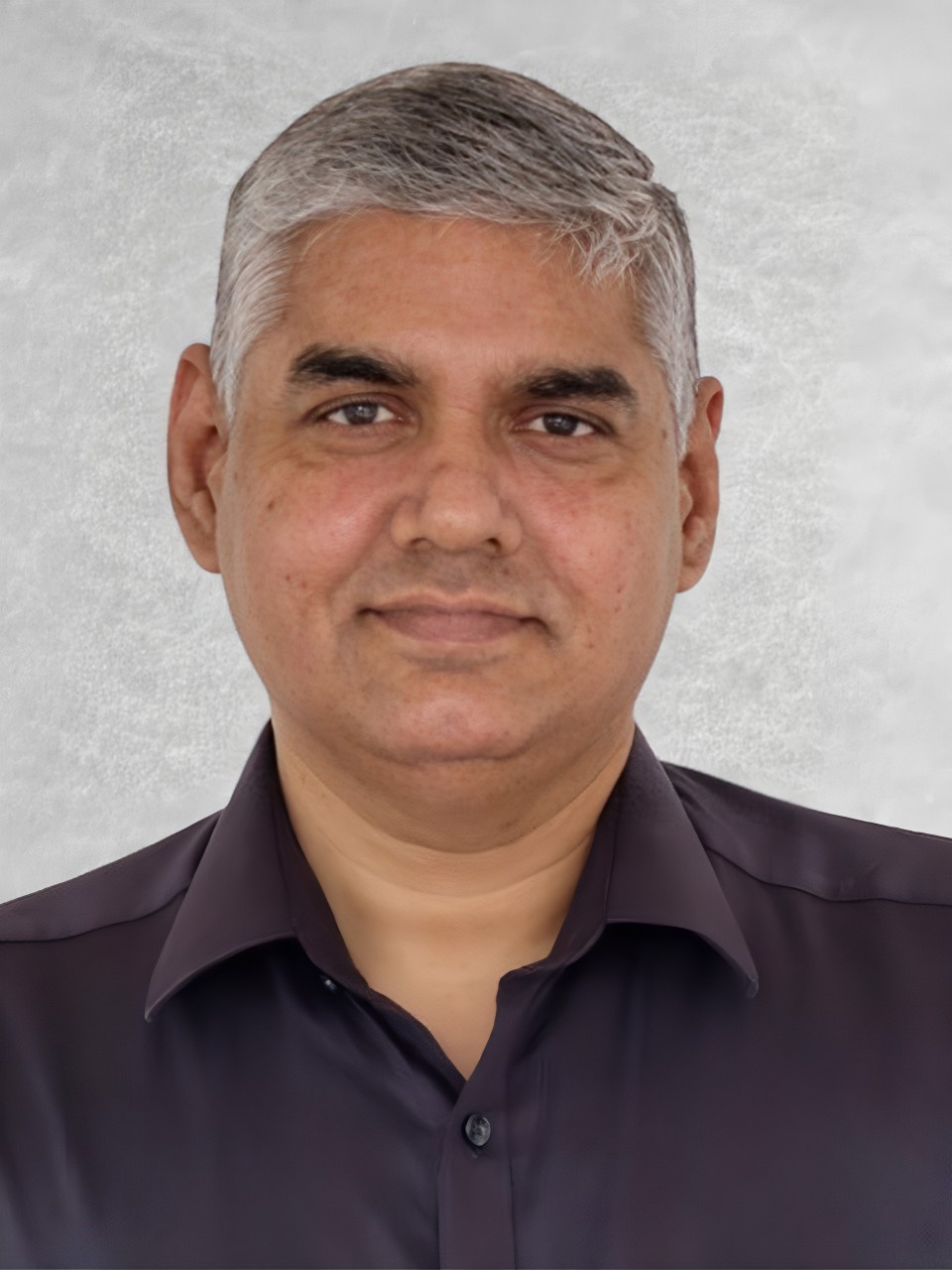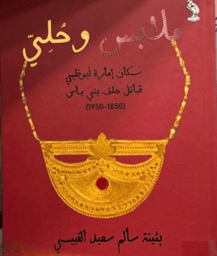Rare Disease Day 2025 - Q&A with Dr Vinod Ravindran
Published in Social Sciences and General & Internal Medicine

I am a consultant rheumatologist at the Centre for Rheumatology, Calicut and an Adjunct Professor of Medicine at KMC, Manipal. I completed my post-graduation (MD) in medicine from SMS Medical College, Jaipur, India, and had further training in the UK leading to MRCP (UK) by the Royal College of Physicians of the UK. Subsequently, I had Rheumatology specialist training in London and was awarded the Certificate of Completion of Specialist Training- CCT-Rheumatology (UK) by the Postgraduate Medical Education & Training Board of the UK. I also did an MSc-Rheumatology from the King's College in London, UK. In 2011 I was elected a Fellow of the Royal College of Physicians of Edinburgh (FRCP). I relocated to India back in 2010. 
I am currently a Co-Editor of Rheumatology-Oxford and have served as Chief Editor of the Indian Journal of Rheumatology (2016-2018) and the Journal of the Royal College of Physicians of Edinburgh (2018-2021). In my current roles as an Emeritus Regional Advisor in India for the Royal College of Physicians of Edinburgh and honorary secretary of the Indian Rheumatology Association (IRA), I work to drive and strengthen the educational and other activities of these organizations. I lead IRA's Reproductive Rheumatology SIG as its convenor and am the Co-convener of APLAR SIG for Women Health in Autoimmune Rheumatic Diseases (AIRDs).
My special interests are rare rheumatic diseases, reproductive rheumatology, academic publishing and digital health. I have published over 225 scientific papers ( Over 1900 citations, h index- 21 and i10 index- 43), 10 books (including Rarer Arthopathies- Rarer Arthropathies | SpringerLink, part of the book series: Rare Diseases of the Immune System (RDIS)), 31 book chapters, and 4 journal supplements.
How do you approach and gain insights from the diagnosis and treatment of rare diseases?
As a clinician diagnosing rare autoimmune rheumatic conditions remains a challenge. On one hand, though rare, they may present with common symptoms and signs of other well-known diseases adding to the confusion and diagnostic delay. On the other hand, in general, these diseases often do not exhibit all the characteristics at presentation and evolve over time. Arthritis can be the presenting manifestation of a varied spectrum of rare autoimmune rheumatic diseases; it can also be seen in association with infections, malignancies, and metabolic diseases. Thus, diagnosing rarer arthropathies may be tricky, especially at stages where they do not show features other than that of the musculoskeletal system. Another issue is a lack of guidelines for their management to follow. I hope that with increasing awareness and literature on these conditions, more and more clinicians are likely to diagnose and manage them better.
How do collaborations and networks advance research and improve outcomes in rare diseases, and what are your hopes for future progress?
My group’s main focus is on increasing awareness about rare rheumatic conditions by fostering collaborative work in this area by the way of books, journal articles, awareness talks, and other activities contributing to continued medical education. As the literature is currently sparse, we have experts in these areas sharing their knowledge and experience in the aforementioned channels. New ideas regarding research in these areas and endeavors to promote clinical care are promoted and supported. I envisage developments such as biomarkers, AI-driven diagnostic assessment tools and precision medicine would also enhance our ability to deal with rare autoimmune rheumatic diseases.
What are your views about global awareness of rare diseases?
I believe that among The United Nations’s Sustainable Development Goals SDG3 target(s) and indicators, “Target 3.d: Strengthen the capacity of all countries, in particular developing countries, for early warning, risk reduction and management of national and global health risks” comes closest to my research and clinical work. I feel that empowering all stakeholders including clinicians is critical to suspect and detect many of these rare autoimmune rheumatic conditions early which has the potential to translate to better outcomes for our patients. Global awareness regarding these conditions is critical to push for more research and the formation of relevant guidelines to improve and streamline their management.
How would you teach rare disease management and raise awareness among future healthcare professionals?
My experience with fostering collaborative publishing and editing in this area has strengthened my belief that sensitizing and empowering healthcare professionals to diagnose and manage these rare autoimmune arthropathies is essential. At the medical school levels (undergraduate and postgraduate), such rare conditions may be made a part of the essential curriculum. In addition, for all stakeholders, continued education with informative articles in the media, talks, dedicated conferences and symposia could potentially help.
What message would you share about the significance of addressing rare diseases, and how can individuals raise awareness and support those affected?
On the occasion of Rare Disease Day 2025, I would like to emphasize that,
- Though rare, these rheumatic conditions may impact the individual and their caregivers significantly.
- Awareness of these conditions is critical to diagnosing them early and minimizing their potential detrimental effects.
- You can help by promoting and propagating awareness about these rare conditions in all relevant channels and forums and among all stakeholders including your community, friends, family, fellow researchers, students and colleagues.
For a selection of journal articles, collections, ISRCTN clinical study registrations and blog posts chosen by our publishers on rare diseases, check out our highlights campaign.






Please sign in or register for FREE
If you are a registered user on Research Communities by Springer Nature, please sign in